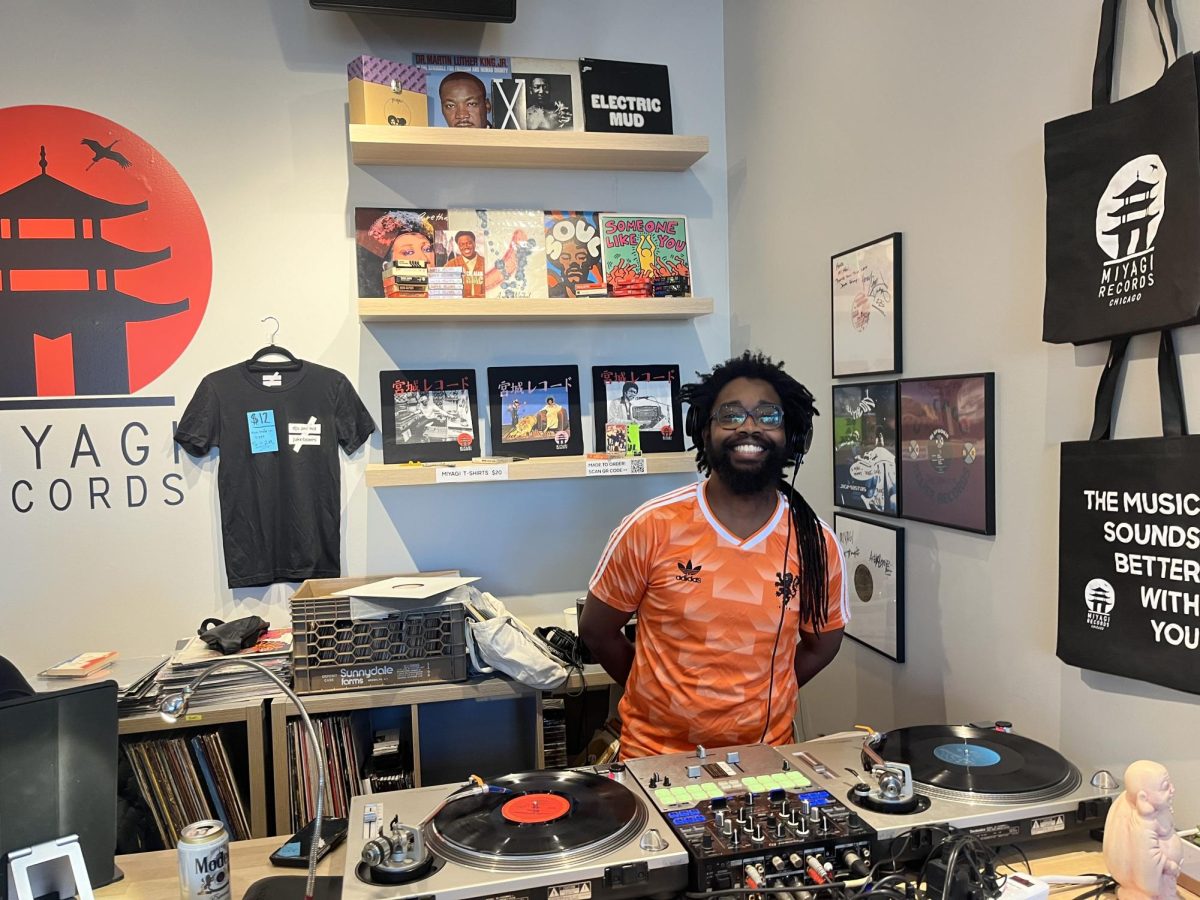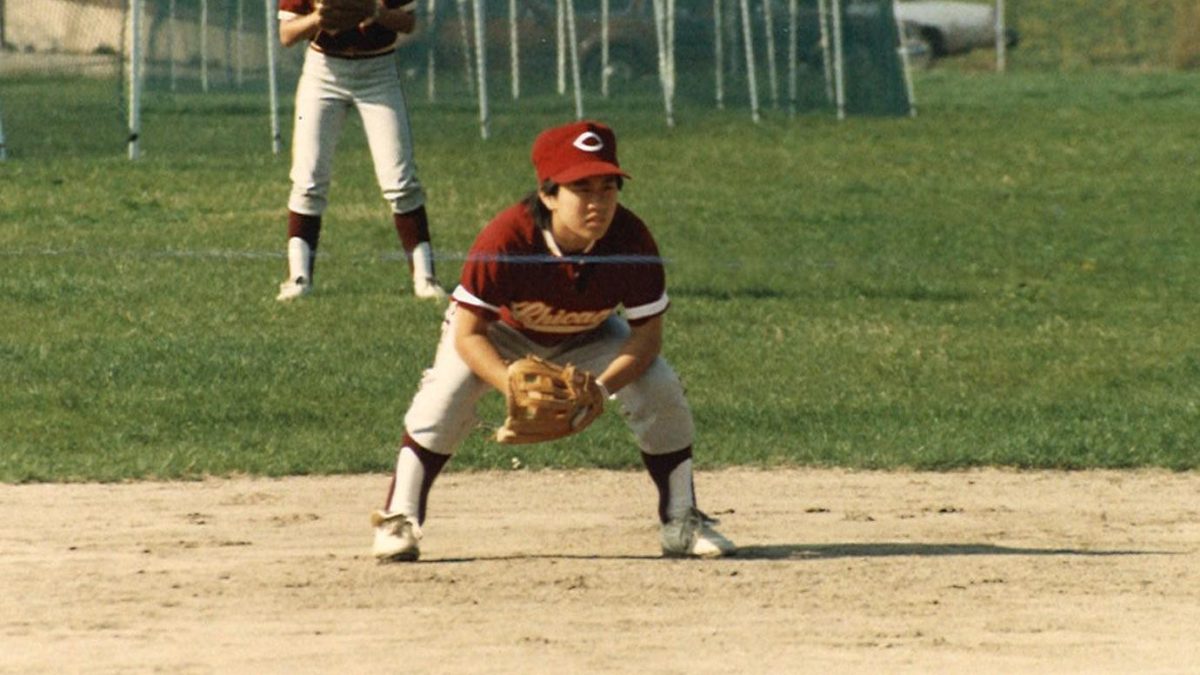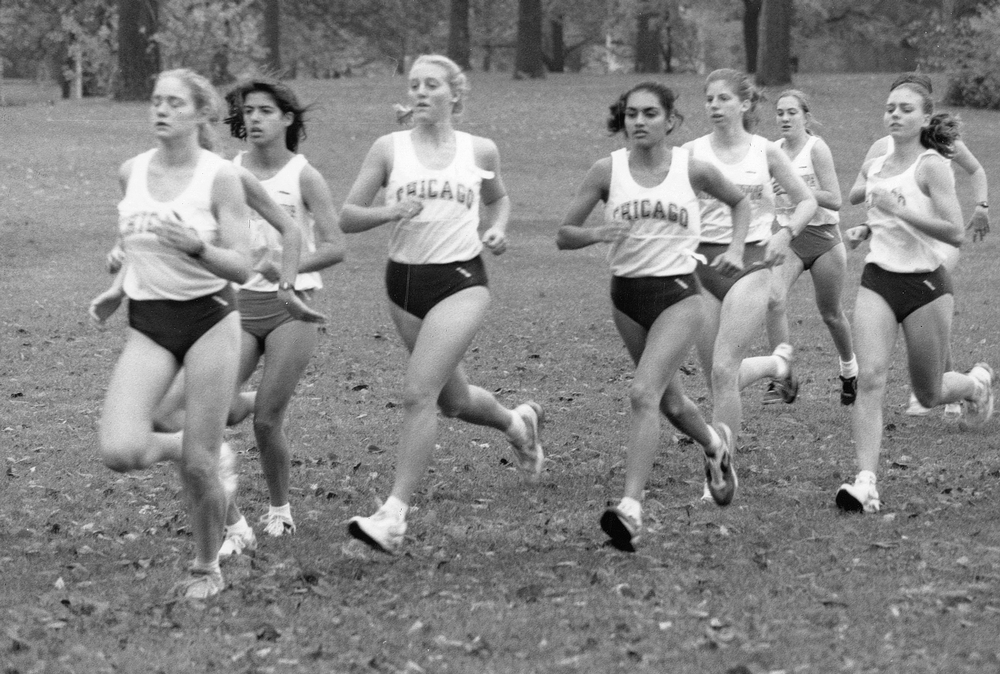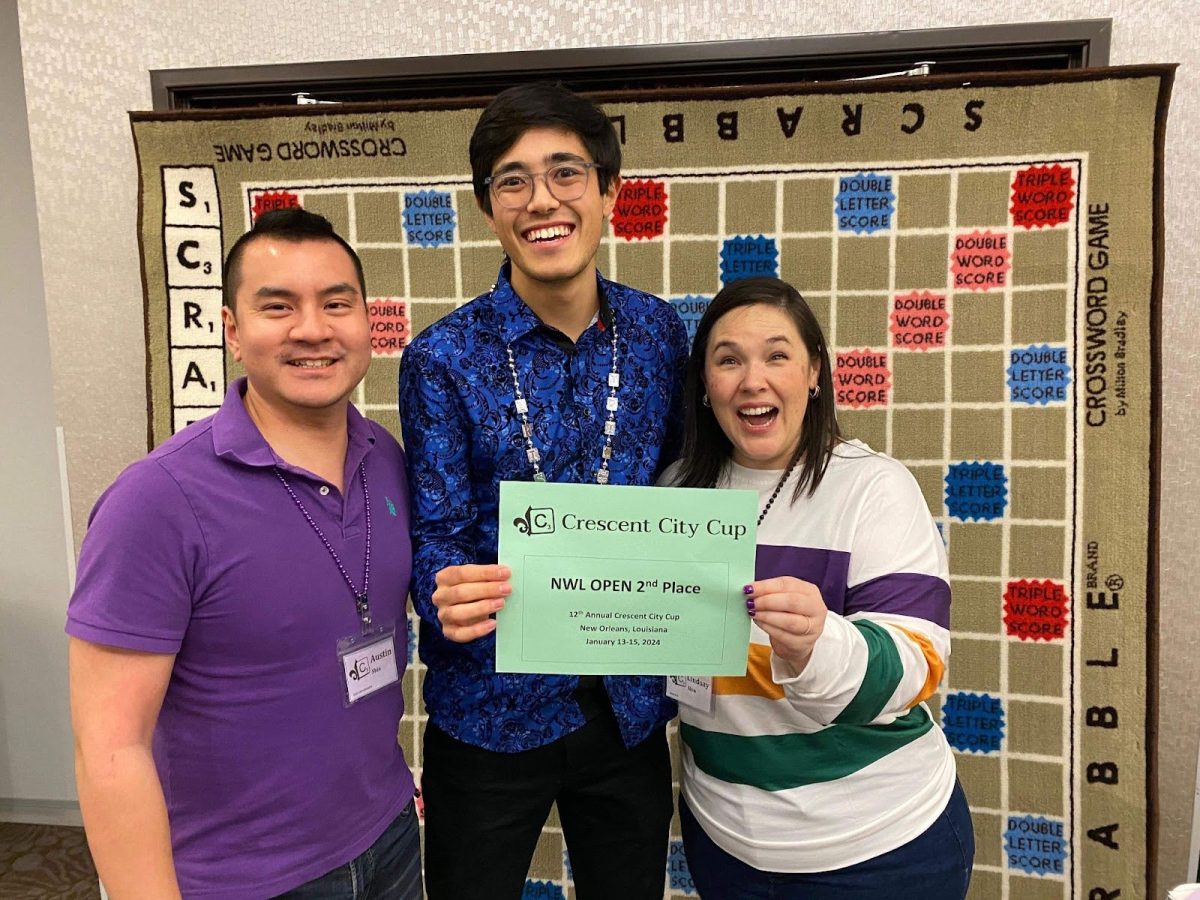The 2003-2004 NBA season thus far hasn’t just been bad. It has been depressingly postmodern. Monday night, midway through the second quarter of the game between the Los Angeles Lakers and the Cleveland Cavaliers, the charade reached new heights of faux drama when Kobe Bryant—guard, poet, and alleged rapist—severely injured his right shoulder and proceeded, in agonizingly self-conscious fashion, to “play through the pain” à la Michael Jordan in the now famous “flu game” — game 5 of the 1997 finals.
Nevermind that this, in contrast, was a thoroughly meaningless game against a typically pitiful Eastern Conference opponent, Bryant decided that it was the perfect time to approximate what it means to be heroic. His shooting arm dangled uselessly at his side as he ran up and down the court and around off-the-ball picks. Meanwhile, every wince, every grimace, let us know that yes, he was hurt, but no, he would not succumb. The minutes went by, with Phil Jackson evidently either comatose or doing his best Grady Little impersonation on the bench. Kobe tapped a rebound to his teammate, received a pass, threw a pass, and even took a shot, all with his left hand. Improbably, the shot came from 20 feet out; less improbably, it landed nearly that far from its intended target. Jackson managed to move his mouth into an astonished gape, and a minute later the sad spectacle mercifully came to an end when he substituted for Bryant, who would later be diagnosed with a slightly separated shoulder and remain in the locker room when the rest of his team returned for the second half.
Sometime in the mid to late 1980s, or perhaps only when he started winning championships in the early 1990s (I’m not sure because I wasn’t quite the ever-watchful social critic in elementary school that I am now), Michael Jordan took a sport that Magic Johnson and Larry Bird had already made legitimate a half (or full) decade earlier and turned it into something else: something approaching a national obsession. Everyone watched basketball games, and even if you didn’t, few people other than those in the most remote islands of the South Pacific could miss Jordan himself. He transcended the sport, to say the least. He sold underwear.
When Michael Jordan retired for the second time in 1998, the post-Michel Jordan era officially began (his second unretirement and subsequent two year stint with the Washington Wizards has already begun to fade from memory) and immediately people began to look for a player of equal skill and marketability. The search was on for the “next” Michel Jordan, someone who could restore basketball to its former prominent place in the national consciousness.
By every measurable criterion, Kobe Bryant is what everyone was looking for. Ignore anything that an ardent Bulls fan might tell you; Bryant—remarkably—is just as talented as Jordan, just as much the competitor, the winner, and, as for those Madison Avenue-friendly traits, just as handsome and articulate. He’s fluent in Italian for God’s sake. The man is a modern-day Petrarch. Of course, then came the rape charge, so there will be no Hanes commercials for Kobe. But even before that piece of shocking news came out, it was eminently clear that Bryant was not “the next Michael Jordan”—that, indeed, such a fantastical formulation of there being any “next Michael Jordan” was an obvious impossibility.
If there were another Michel Jordan, it would devalue the experience that was the original Michel Jordan. Instead we are faced with someone who merely resembles Michael Jordan, a self-conscious pantomime of the real thing. In fact, Kobe often looks rather too much like Michael Jordan. Watching him stick out his tongue and point and shrug and play through pain and mimic just about every other mannerism of his idol can be downright creepy.
Yet I, for one, was getting used to it—or at the very least, learning to ignore such an ultimately peripheral distraction. Last year the NBA offered up fantastic entertainment. The basketball was great. The teams were exciting. San Antonio and New Jersey played different styles; New Jersey wanted to fast break, San Antonio wanted to keep it a half-court battle, and watching them try to force their respective game plans on each other was fascinating to those who cared.
Then two things happened that made the periphery unavoidably central: Kobe Bryant was accused of rape, and a teenager named Lebron James signed a $90 million Nike contract before playing a single NBA game.
The significance of what soon will become the Kobe Bryant trial is clear. Kobe Bryant has finally, like Michael Jordan, at once transcended the sport of basketball and brought it into the limelight—but unlike Jordan, he has managed to do so by (unwillingly) employing all the wrong means. At the same time, Kobe’s opponent on Monday night, “Lebron,” as he is known already, has managed to do the same thing without actually doing anything at all.
His nickname, “King James,” is appropriate. He didn’t so much earn his fame as he was anointed—by Sports Illustrated oddly enough. A reputable magazine that generally reports the news, two years ago SI decided to create the news—the hype that is—by making King James the subject of a cover story while he was yet a junior in high school. Almost instantaneously, James became a cultural phenomenon, and SI, amusingly enough, went on to publish many more articles on what a cultural phenomenon he was.
The hype became the story; the first commercials to feature Lebron were about this and not his skill. Strange as it may sound, Nike clearly hopes that, by hyping the hype, its ridiculous contract with “King James” will pay for itself.
If Andy Warhol had been alive to confront Jordan in his prime, he would have swiftly looked someplace else. Jordan was a man whose celebrity reached fantastical proportions, yet every inch of his fame was undeniably honest, self-made, legitimate.
Lebron James, meanwhile, is more ironic than Warhol’s can of Campbell’s Tomato Soup.
Or then again, maybe not. More than most other forms of popular entertainment there is something inherently unironic about sports. Lebron James may not have earned his fame the way he should have, but during the third quarter of the game on Monday, he was just another person playing basketball, and playing it well, marshalling his Cavaliers to take the lead. In pathetic fashion, they ended up squandering that lead in the fourth quarter to a badly depleted Laker team, but Lebron, with his remarkable passing ability and muscle bound frame that belies his young age, demonstrated (once again, I must admit) that he has a truly bright future.
The NBA will eventually regain its sense of balance. The distractions will eventually go away. Unfortunately, it just might take some time.









